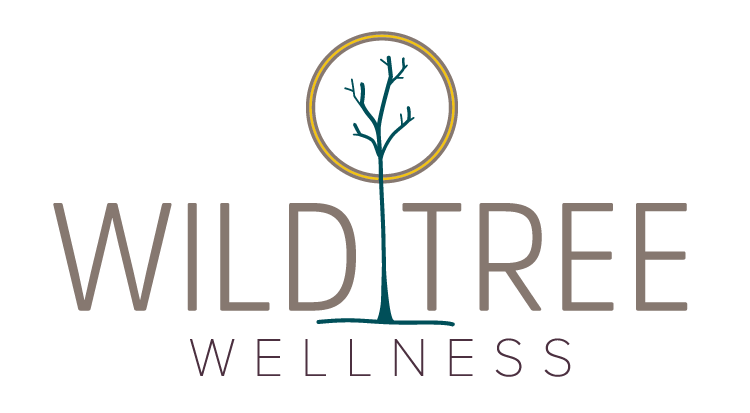Activating Happiness Chemicals
Happiness chemicals! What are they? Also known as hormones, these chemicals are produced by different glands across your body, acting as messengers throughout your bloodstream and serving a part in various roles in your body- such as regulation of our moods and feelings of happiness. A group of these hormones, our “happy chemicals” are most known for promoting positive feelings, such as happiness and pleasure. Let’s take a closer look at each.
Serotonin, highly linked to mental health, works to stabilize your mood. Serotonin is often talked about when we look at depression and anxiety. It plays a large role in sleep, appetite, digestion, learning, and memory. Natural ways we can increase serotonin are centered around mindfulness practices. This can include deep breathing practices and meditation. Getting outside in the sunlight, and increasing exercise can also play a role. Supplements and medications are often used in treating serotonin levels- but talk to your doctor before exploring this avenue.
Dopamine, often known as the “feel good” hormone, is responsible for feeling associated with reward and motivation. We feel this most with actions of learning, memory, and other pleasurable sensations. This chemical is a part of our brain’s reward system, so it is a big part of why finishing tasks can feel so good. Examples of ways that we can activate dopamine include finishing tasks/creating a sense of routine and structure, making and eating our favorite meal, listening to our favorite music, and intentionally practicing acts of self-care.
Oxytocin, or the “love hormone,” is centered around attachment. It is essential for building trust, love, and bonding with others. Oxytocin is released during moments of connection and empathy, whether with a partner, a family member, or a friend. Levels generally increase with physical affection. Even petting a dog or playing with an animal releases Oxytocin! Other ways to increase oxytocin include hugging someone, offering a compliment, or helping someone out.
Endorphins, or our natural little pain reliever, are produced in our body’s response to stress and attempt to relieve discomfort. Stress isn’t just pain, however, but any active response of the body- so they can be released during pleasure as well. Ways we can increase the release of endorphins is through exercise or varying forms of movement, such as dancing, stretching, and even sex. Laughter is also a great way to release endorphins.
So, how do you incorporate the activation of happiness chemicals into your self-care routine?
Blog by Emma Doran, MA RYT-200
Photo by Bela cheers via Pexels
